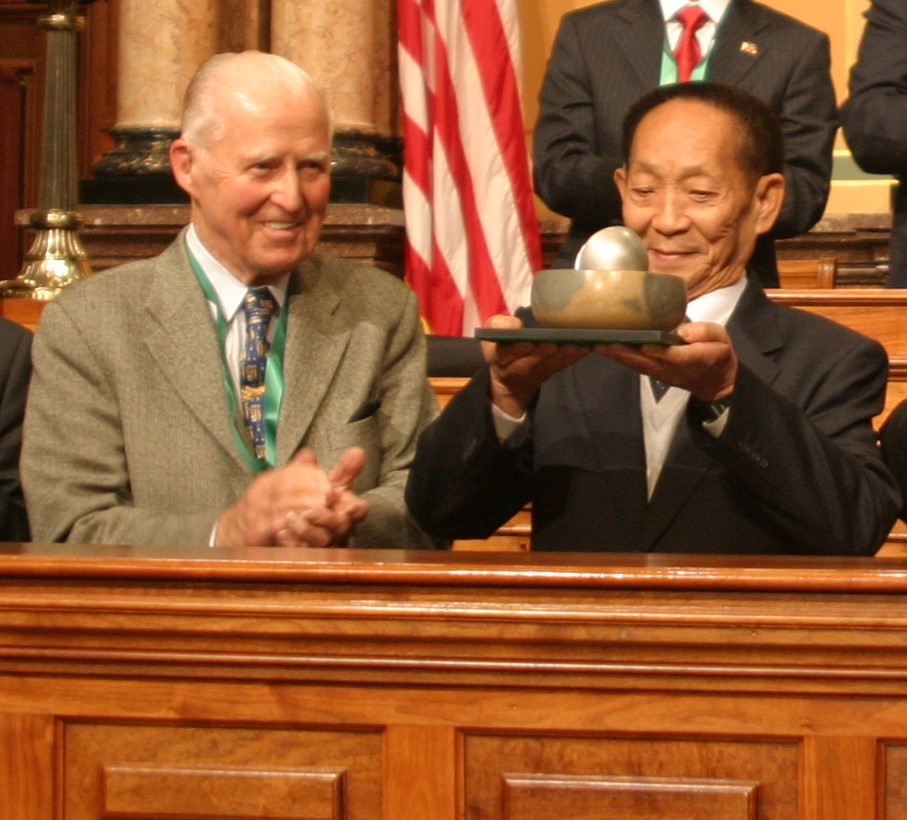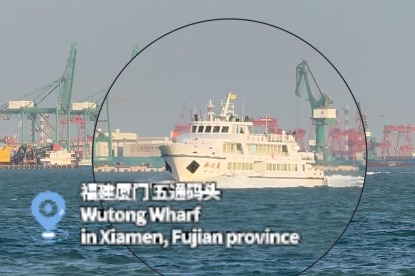Bidding farewell to 'father of hybrid rice'






When meeting with then-Cambodian deputy prime minister Yim Chhay Ly, Yuan said he was confident of increasing Cambodia's rice output from three tons per hectare to 10 tons within three years.
For more than a decade, the World Food Prize Foundation has placed young US agriculture students on Borlaug-Ruan International Internships at Yuan's center in Changsha.
Stinson, the foundation's president, said she expected the US-China cooperation program to resume in person, after having run it virtually since last year because of the COVID-19 pandemic.
"It's my hope to continue this longstanding powerful relationship between the World Food Prize Foundation and many researchers and leaders in China," she said, adding that the foundation considers the partnership "very much" part of Yuan's legacy.
President Emeritus of the World Food Prize Foundation, Kenneth M. Quinn, who knew Yuan for more than two decades, said he was told of the scientist's death by a tourist agency staff member from Sanya, who sent him a WeChat message.
"With the passing of Professor Yuan Longping, China and the world have lost one of the greatest agricultural scientists on our planet, and I have lost a great friend," Quinn said.
"I think, 100 years from now, people will still be talking about Yuan Longping in China and the rest of the world. That's how significant his achievements were."
Quinn, president of the WFP Foundation from 2000 to early last year, said that when Yuan visited Des Moines, Iowa, in the US for the 2004 World Food Prize, he went to the airport to pick him up.
"I was distracted by a call, and when I turned around, Professor Yuan was gone-he was surrounded by Chinese Americans who had all come to meet him as well."
Quinn learned during his travels around China that everyone in the country knew who Yuan was and what he had done.
"On every occasion, every person I spoke with-servers in restaurants in Shenzhen (Guangdong province), hotel staff in Shijiazhuang (Hebei province) and refreshment vendors on high-speed trains-all knew his name and that Yuan Longping had made amazing accomplishments in rice production," he said.
Quinn drew similarities between Yuan and Norman Borlaug, winner of the Nobel Peace Prize in 1970 for his work in global agriculture, and who created the World Food Prize. Quinn worked and made friends with both men.
"Like Dr. Borlaug, Professor Yuan was incredibly humble, never seeking fame or adulation, instead focusing only on hard work and results that could help eradicate poverty and lift people out of hunger," Quinn said.




















